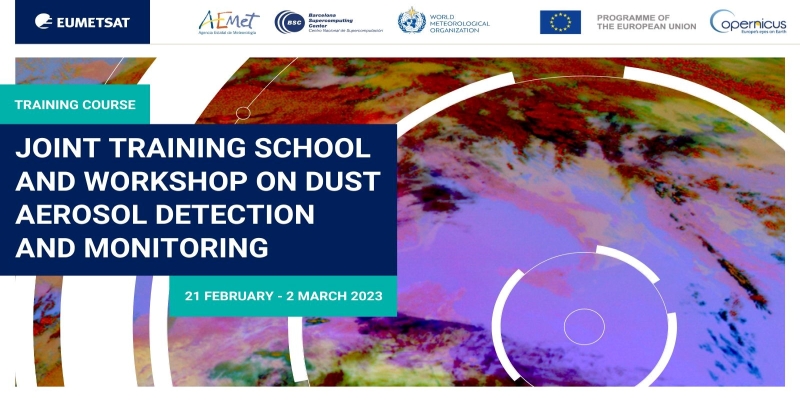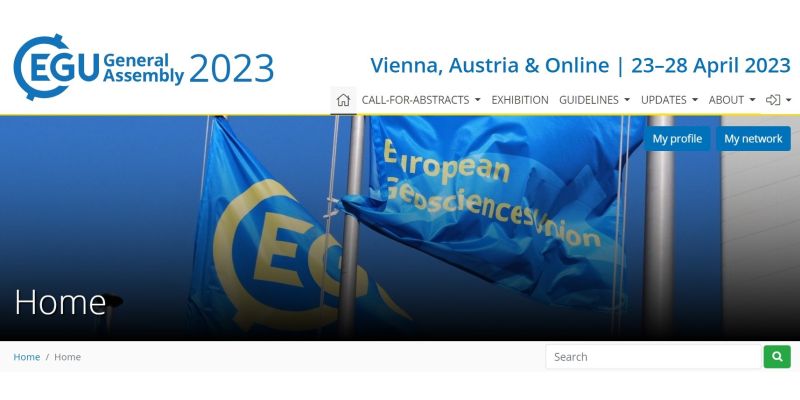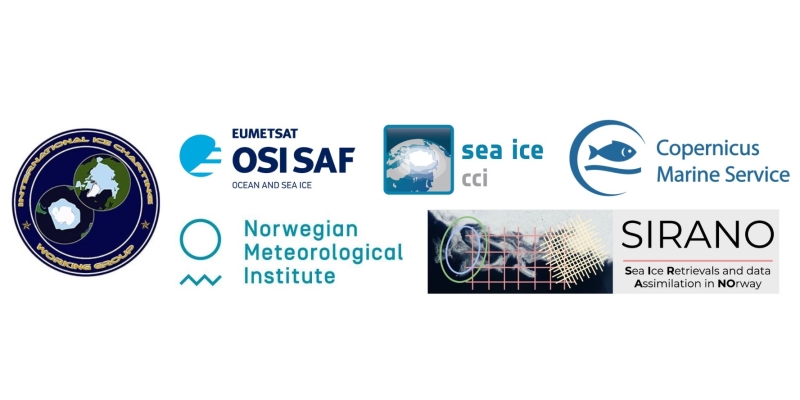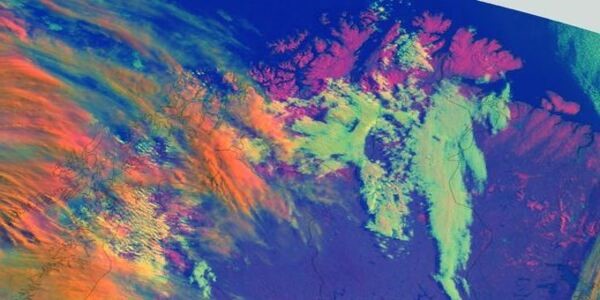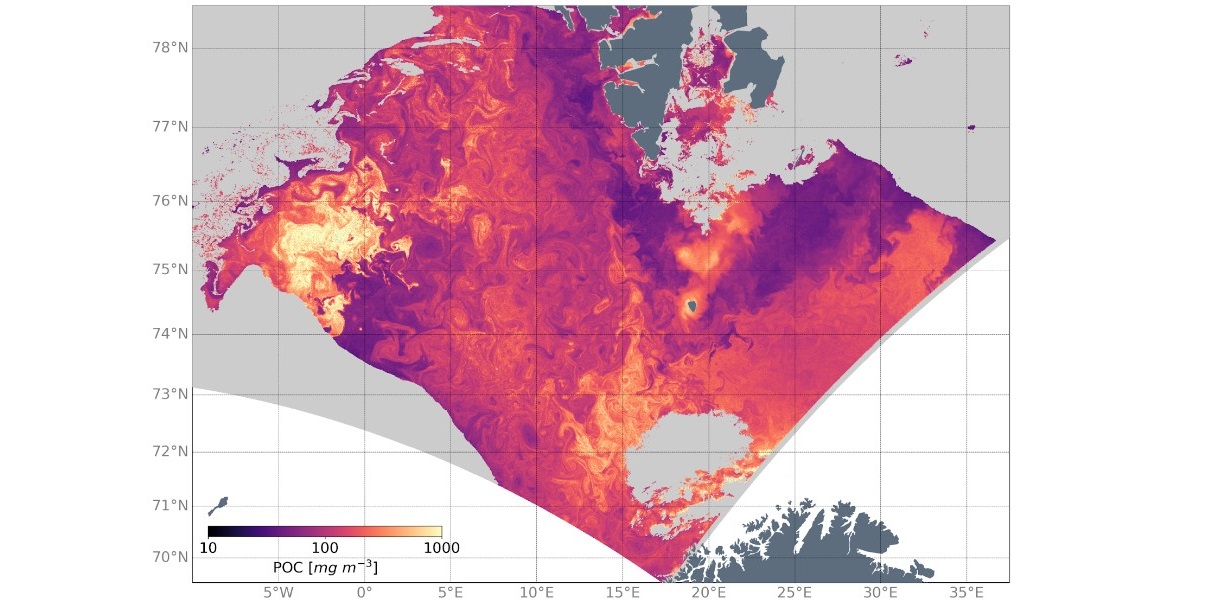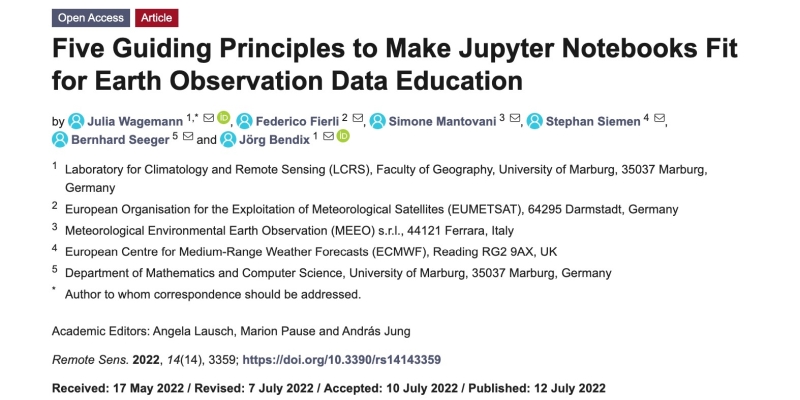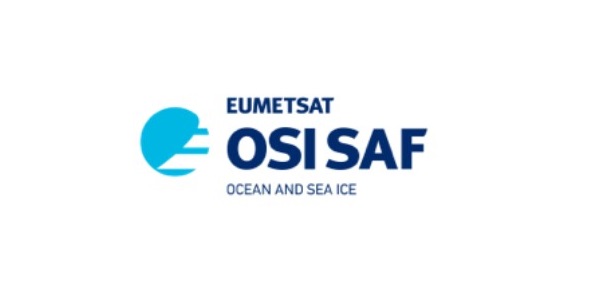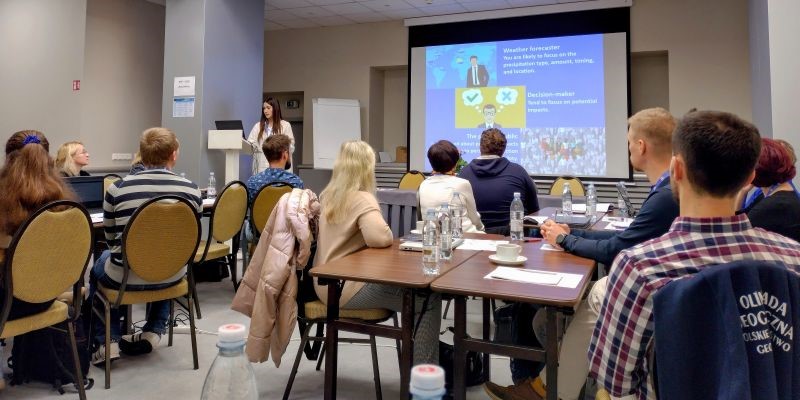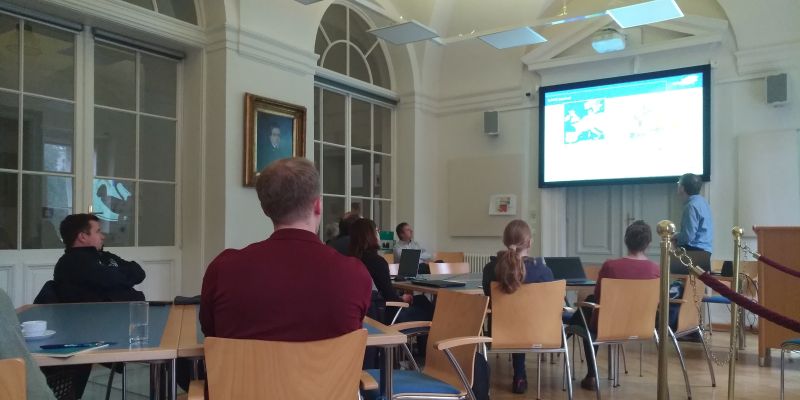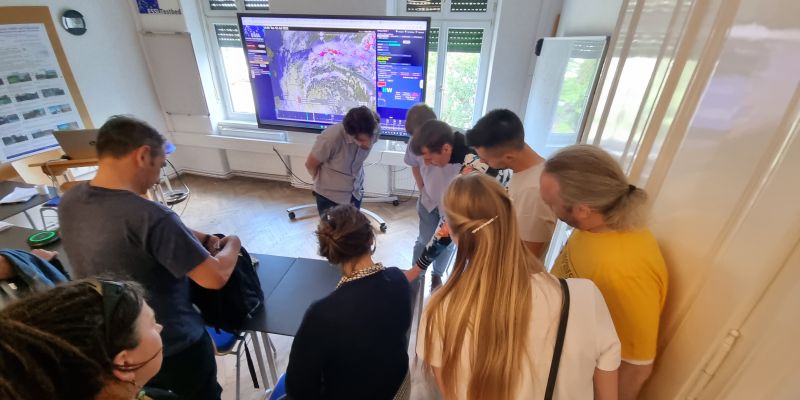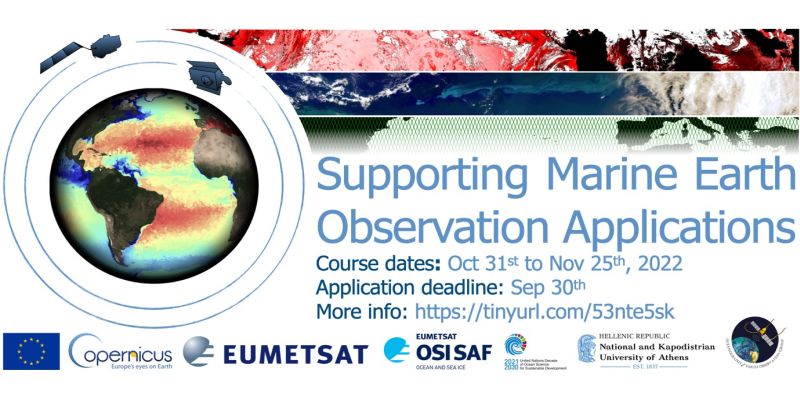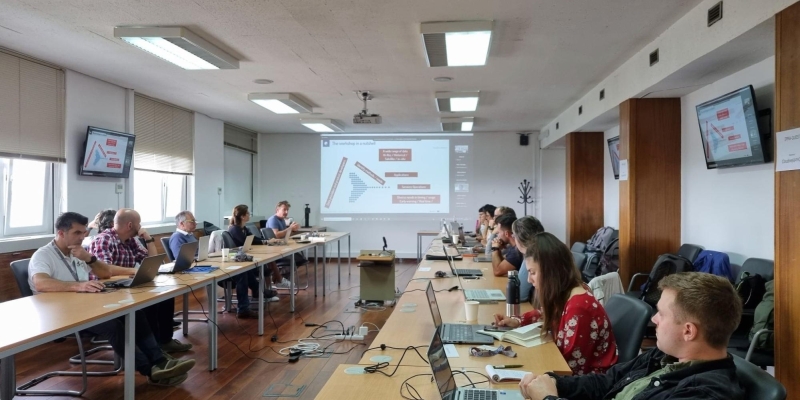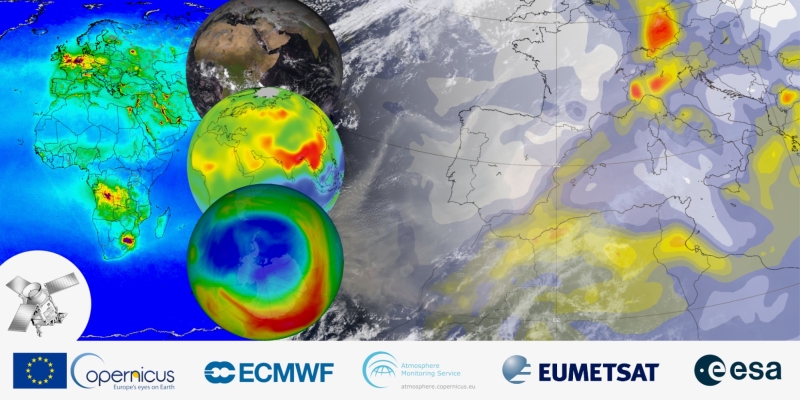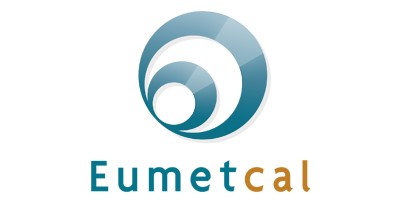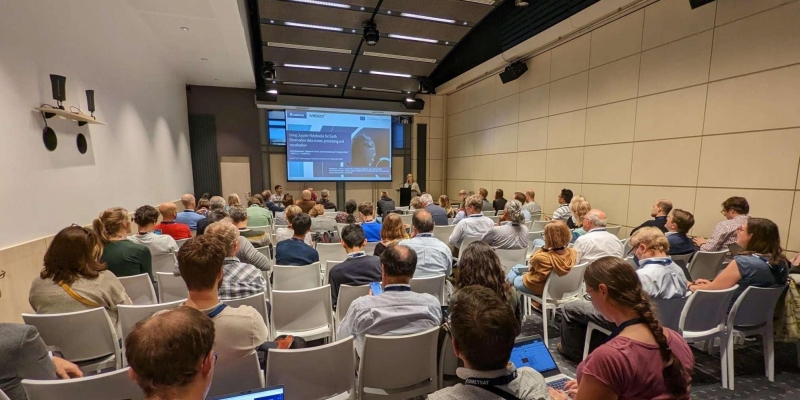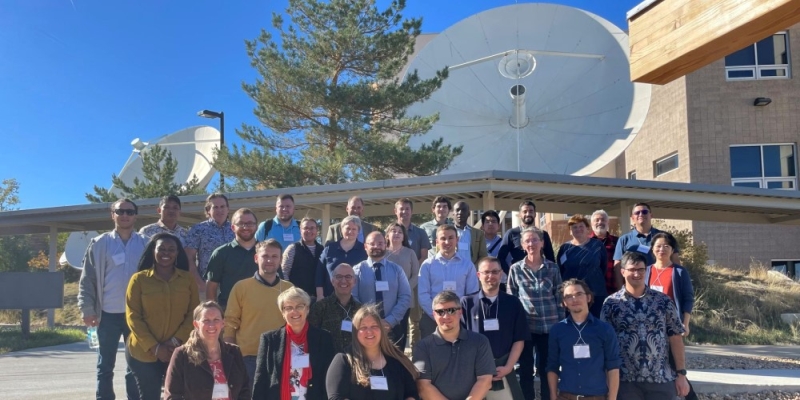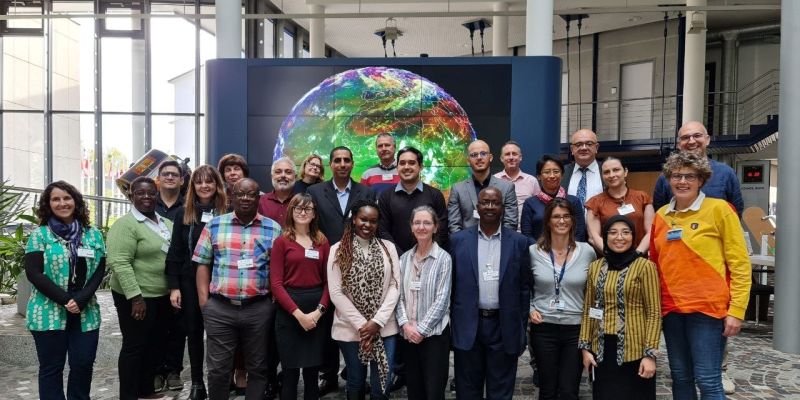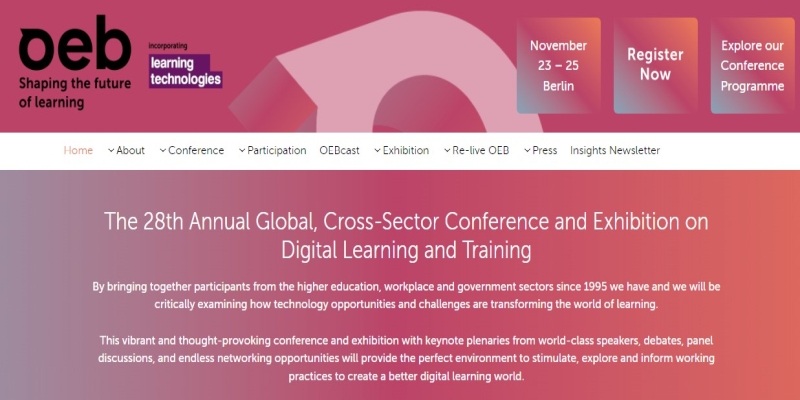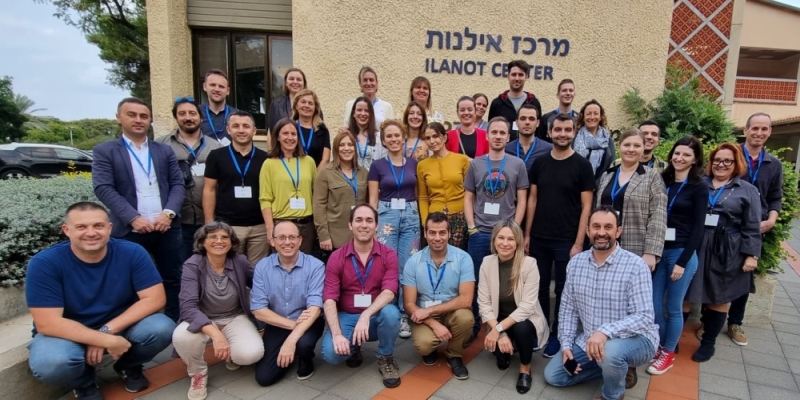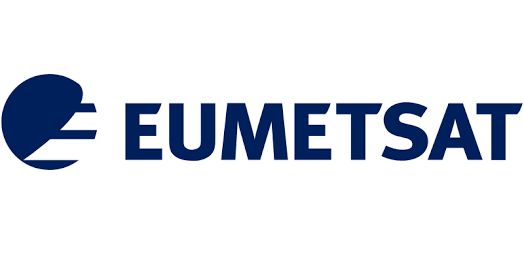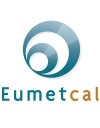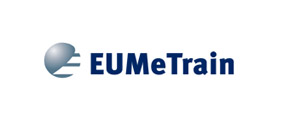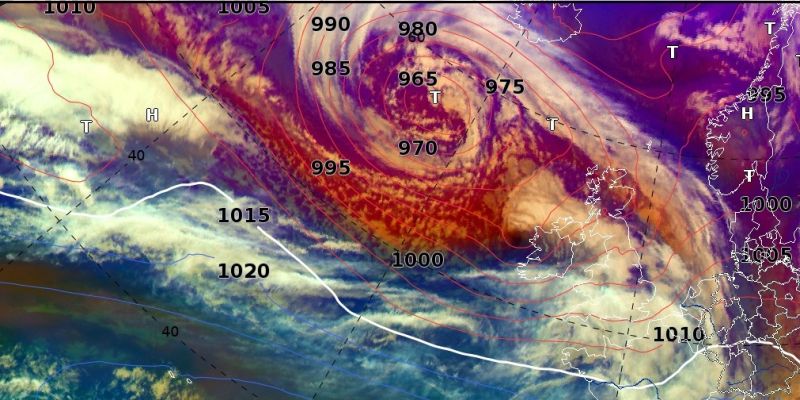
Event Week on Water Vapour Products in Analysis and Nowcasting
12 - 15 December 2022 / OnlineWater vapour products (single channels, and RGBs) exhibit a high potential for improving nowcasting in many fields. However, they are not commonly used in many forecasting services. To aid forecasters, a EUMeTrain event week will be held from 12 to 15 December, focusing on the application of water vapour products for analysis and nowcasting.
Online presentations from experts will enable forecasters to create successful nowcasts, by also including water vapour products in their daily work. Theoretical background will be one aspect. However, an important focus will be the practical application, using both MSG and future MTG channels.
The following subjects will be covered:
- Basics about water vapour channels (including MTG).
- Fronts and cylogenesis (Norwegian theory and Shapiro-Keyser).
- Structures in water vapour products as indicators for convection.
- The relationship between water vapour and Saharan dust.
In addition, techniques will demonstrate how to derive the vertical water content, to estimate humidity in low levels, and to diagnose precipitable water content.
More details (presentation titles with corresponding abstracts and the schedule) can be found on the EUMeTrain website.
